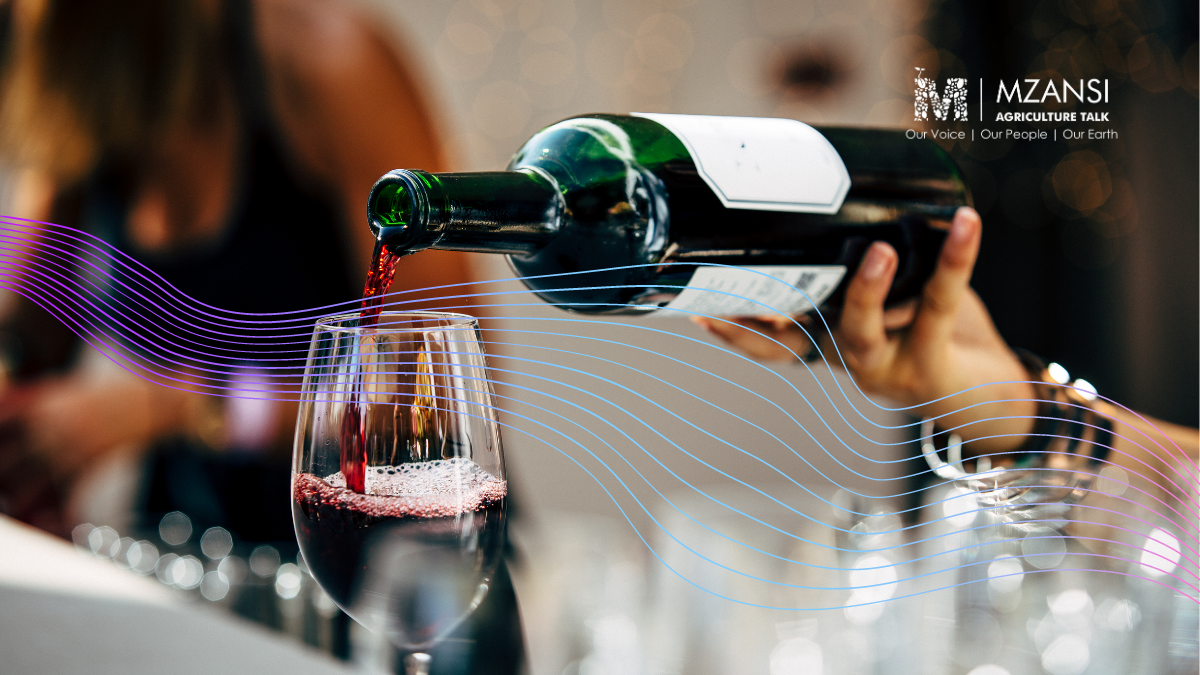News of China slapping Australian Wines with 200% tariffs will make it difficult for the Aussies to bounce back from this lucrative market and opening a door for China’s sixth wine exporter – South Africa.
Since 2016, China had expressed a ‘Shakespearean love’ for South African Wines, simultaneously boosting RSA wine exports by 5.44% the same year (Wines of South Africa).
SA Wine Industry & Information Systems (SAWIS) noted that in 2018, South African wines exports to China jumped to 60% from a 20% in 2016.
China Wine and Spirits Awards (CWSA) said this was mainly attributed to Chinese consumers appetite for South African wines especially in affluent province like Guangzhou, which accounted for 16% of China’s upper middle-class wine-drinkers. Wine quality was another high criterion for this market.
According to Wine Intelligence, between 2011 and 2017, the number of Chinese consuming imported wined doubled from 19 million to 48 million people, and it is expected to rise dramatically.
The breakdown of bilateral trust between China and Australia seemed to stem from claims made by the Australian politicians calling for independent investigations be made on the origins of the corona virus outbreak.
Chinese Foreign Affairs Spokesperson Zhao Lijian in response to the tariff’s measures placed by the Ministry of Commerce said the Chinese government hoped that the Australian side will do more things conducive to mutual trust and cooperation.
“This is in line with the two sides’ comprehensive strategic partnership, so as to provide conditions to bring bilateral relations back onto the right track,” he said.
Tariffs imposed by China follows investigation into claims that Australian wines were dumped in the Chinese market at discounted prices. Some of the Australian wines did not pass inspection since November 2019, according to Dr Nathan Gray is Managing Partner of AsiaAustralis
“This is no idle threat to the Australian wine industry. We have seen how this has played out with the Barley industry recently, and more specifically we have evidence of how China has used trade barriers to punish countries who aren’t prepared to play by China’s rules or engagement” he said.
Earlier in the year, the Chinese government implemented 80% tariffs on Australia’s Barley exports and 12% on beef exports, which the latter was estimated to have cost the Aussies $1billion exports.
However, this did not mean that South Africa would have an easy market access opportunity based on the fallout between China and Australia, especially taken the current non unified wines environment.
Dave Jefferson (2017), director at Silkbush Mountain Vineyards warned of South Africa’s uncoordinated marketing efforts in China in his research piece ‘Selling more South African (RSA) wine overseas.’
“Despite the substantial investment by the People’s Republic of China (PRC) into RSA, we are unaware of any ANC government efforts to gain RSA admittance to this exclusive “duty free” club (14% of import tariff). We presume WOSA has been lobbying on the RSA wine industry’s behalf for some time but no impending change has been reported to its members of which we are aware.”
It’s unknown in the current circumstances if RSA would be able to increase its wine market share in PRC given the trade fall-out between China and Australia. Latest data shows that RSA wines held 9% of the total China wine market share with Chile, New Zealand, Georgia pulled a lion’s share.




















